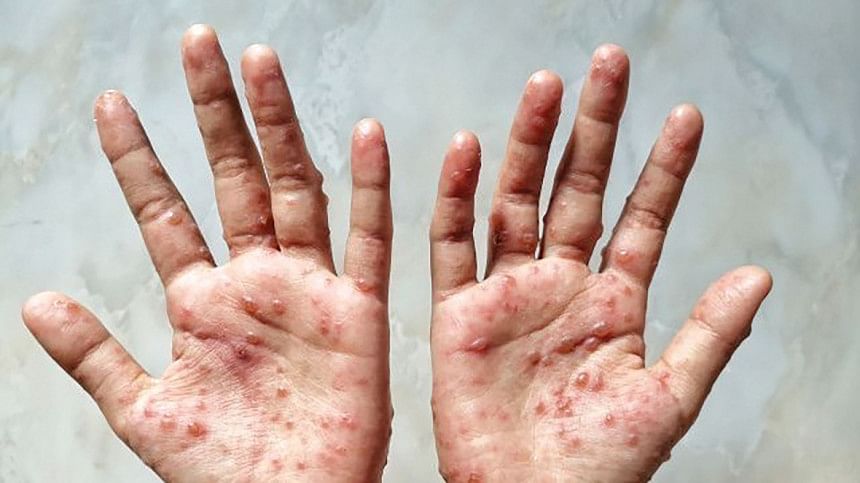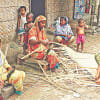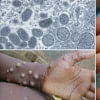After the days of the coronavirus pandemic, a lot of us are familiar with the struggles of quarantine and just how dangerous certain outbreaks and viruses can be. Now, with the recent talks of Monkeypox and its recent outbreaks across the globe, and the World Health Organisation (WHO) declaring it as a global health emergency, most people are understandably confused, curious, and wondering if they are going to have to prepare for yet another lockdown.
Here's all you need to know about Monkeypox, from its effects to ways in which you and your family can stay safe and happy.
What is Monkeypox anyway? According to the WHO, it is an illness that is caused by the monkeypox virus. Although the actual origins of the virus are unknown, it is most commonly found in west and central Africa. The risk of catching Monkeypox is low.
Monkeypox mainly spreads through close contact. This includes touching, kissing, sexual contact, or being in contact with somebody infected with Monkeypox and talking and breathing near them. Unlike COVID-19, this is not an airborne disease, so transmission of Monkeypox through respiratory means is not a cause for concern.
You are unlikely to have Monkeypox if you have not been in contact with someone who has Monkeypox, or if you have not travelled to west or central Africa recently.

There are various symptoms of Monkeypox. The most common include a rash that lasts around two to four weeks, as well as fever, headache, back pain, and muscle aches. The rashes appear as blisters or sores, and can show up on the face, hands, feet, groin as well as other sensitive areas of the body. The rashes from Monkeypox can often be mistaken for chickenpox due to the similar way in which the rashes first look.
So, how can you protect yourself against Monkeypox? If there is a case where the virus is spreading in your area and community, be sure to communicate with people close to you and ensure you are distancing yourself from people infected. Ensure anybody infected is isolating themselves until the scabs from the rashes have fallen and a new layer of skin has formed. In this way, the virus will not spread to other people.
For someone infected with monkeypox, the symptoms usually go away after two to four weeks, with care and medication for pain and fever. Infected individuals should stay at home, stay hydrated and eat well and rest. They should also avoid scratching their skin, and clean rashes with water or an antiseptic.
There is a vaccine for Monkeypox, formed through many years of research. However, vaccination is only recommended for people who are at risk of exposure to Monkeypox, and is not needed for everyone.
What you should note is that Monkeypox is not like COVID-19. It is not a new virus, and neither does it spread in the same way as the coronavirus. Experts are already well equipped and know how to control Monkeypox. It is highly unlikely that Monkeypox will trigger another pandemic, but it is best to be aware and keep family and friends informed and safe.








Comments